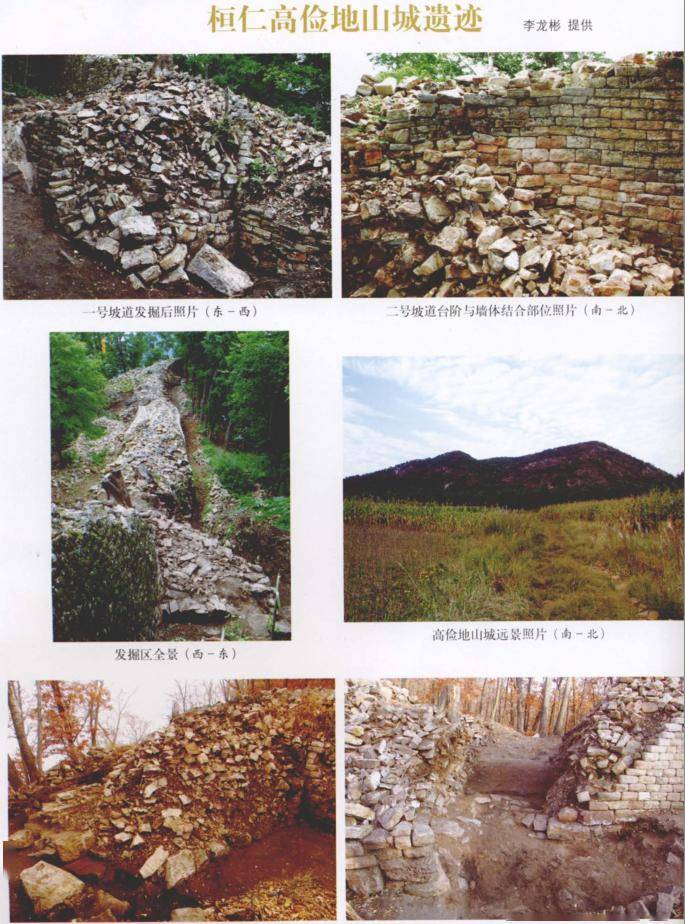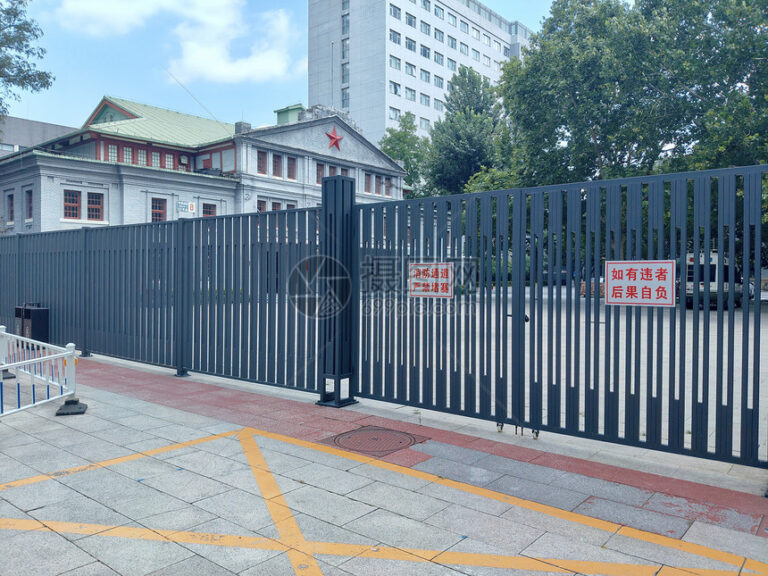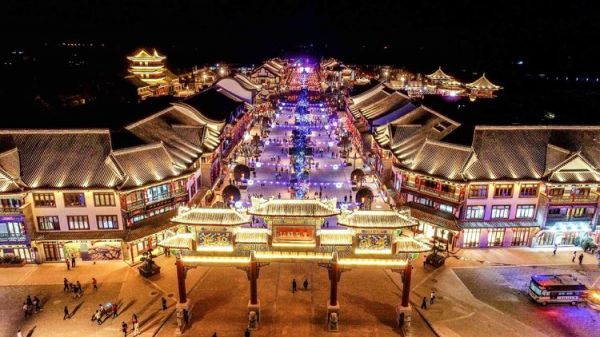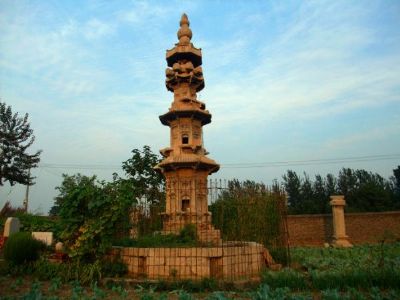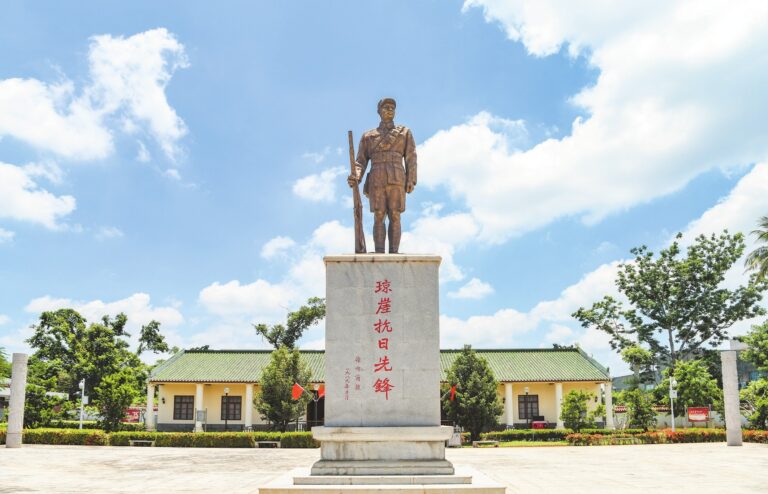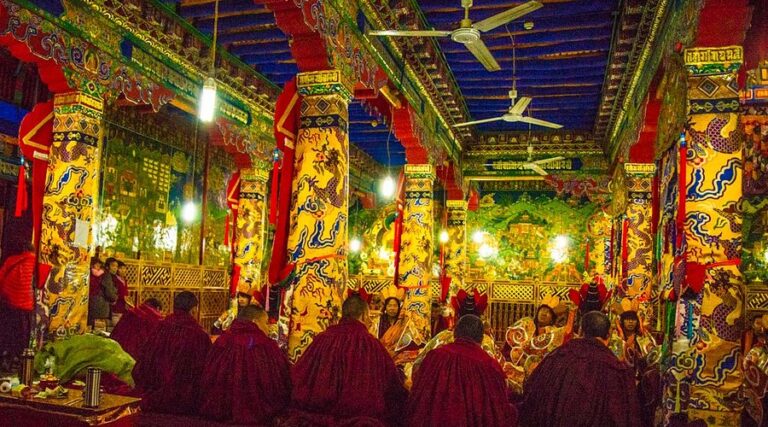Experience Jiaxing Tanjiawan Yizhi: Where Nature Meets Tradition in Zhejiang
An Essential Guide to Visiting Jiaxing Tanjiawan Yizhi
In This Guide
- An Essential Guide to Visiting Jiaxing Tanjiawan Yizhi
- The Rich History of Jiaxing Tanjiawan Yizhi
- Main Highlights: What to See at Jiaxing Tanjiawan Yizhi
- Planning Your Visit: A Practical Guide
- Tickets, Hours, and Booking
- How to Get There
- Local Cuisine and Accommodation
- Frequently Asked Questions
- Final Thoughts on Your Trip
Nestled in the picturesque landscape of Zhejiang Province, Jiaxing Tanjiawan Yizhi is more than just an archaeological site; it is a portal to the ancient past, revealing the rich tapestry of human history dating back approximately 7,000 years. This remarkable site, located near the charming town of Wuzhen, is a key representation of the Majiabang culture, a significant Early Neolithic civilization that thrived along the lower reaches of the Yangtze River and the Taihu Lake basin.
The Tanjiawan site, sprawling over an impressive 120,000 square meters, has yielded a wealth of artifacts that speak to the ingenuity and daily lives of our early ancestors. Excavations have uncovered pottery, stone tools, and remnants of animal bones, offering a glimpse into the customs and practices of the people who inhabited this area during the New Stone Age. Among the notable finds are intricately decorated pottery and burial sites that illustrate the sophisticated craftsmanship and social structures of the time.
Designated as a National Key Cultural Relic Protection Unit in 2006, Tanjiawan Yizhi stands as a testament to the enduring legacy of human civilization in this region. It not only enriches our understanding of the Majiabang culture but also serves as a critical point of interest for historians, archaeologists, and travelers alike, eager to explore the origins of one of China’s most celebrated cultural hubs.
As you venture to Tanjiawan, prepare to be transported back in time, where the echoes of ancient lives resonate through the artifacts and landscapes, inviting you to uncover the stories that shaped the foundations of modern Chinese culture.
The Rich History of Jiaxing Tanjiawan Yizhi
Nestled in the vibrant region of Zhejiang Province, Jiaxing Tanjiawan Yizhi, or the Tanjiawan Site, stands as a testament to the rich tapestry of Chinese history, tracing back approximately 7,000 years. This archaeological site, located in the vicinity of Wuzhen, is a significant remnant of the Majiabang Culture, a prehistoric civilization that thrived during the Neolithic era.
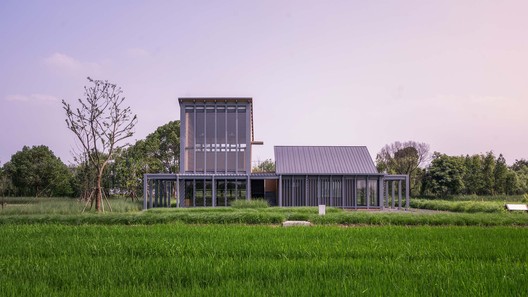
Jiaxing Tanjiawan Yizhi.
The Majiabang Culture, which flourished in the lower Yangtze River and Taihu Lake region, is characterized by its unique pottery and tools made from stone and bone. Excavations at the Tanjiawan Site have unearthed an array of artifacts, including pottery fragments, stone tools, and animal remains, providing invaluable insight into the lives of its ancient inhabitants. The site covers an expansive area of 120,000 square meters, with a central zone ranging from 3,000 to 6,000 square meters. Its stratified layers reveal a wealth of cultural deposits, making it one of the most well-preserved archaeological sites of its kind.
The historical significance of Tanjiawan extends beyond its artifacts. The site serves as a window into the early agricultural practices and social structures of the Majiabang people. These early settlers not only engaged in farming but also developed intricate burial practices, as evidenced by the discovery of 15 burial sites within the area. The burial methods reflect the community’s beliefs and rituals surrounding death and the afterlife.
Throughout various dynasties, the region surrounding Tanjiawan has undergone significant transformations. During the Spring and Autumn Period, Wuzhen became a strategic military outpost on the border of the Wu and Yue kingdoms, known as “Wushu.” This historical backdrop laid the foundation for the area’s subsequent development. Under the Qin Dynasty, Wuzhen was administratively divided, and its governance shifted between various jurisdictions, including Kuaiji Commandery and later, Suzhou. The Tang Dynasty saw the establishment of Wuzhen under the jurisdiction of Suzhou Prefecture, and by the Song Dynasty, it had evolved into a bustling town.
The name “Wuzhen” itself carries historical weight. Originally referred to as “Wudun” during the Tang Dynasty, the town’s name transformed over time, influenced by local legends and the region’s geographical features. One popular explanation for the name “Wu” is tied to a legendary general and his valor during conflicts in the area, which resonated deeply with the local populace.
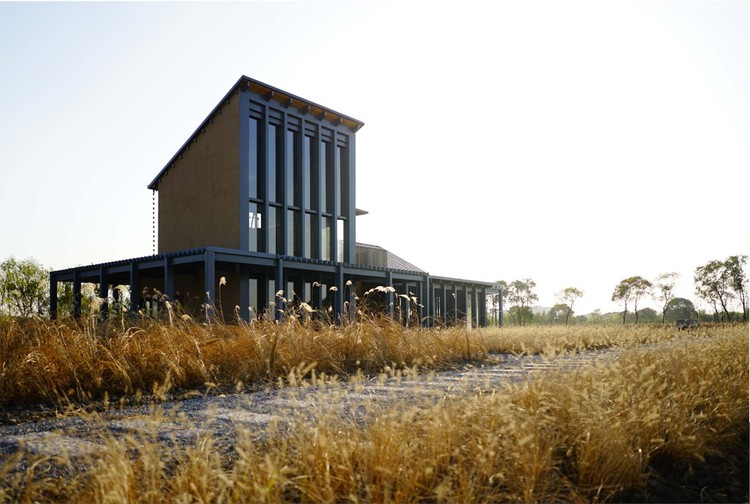
Jiaxing Tanjiawan Yizhi.
In modern times, the Tanjiawan Site was officially recognized for its historical significance when it was designated a National Key Cultural Relic Protection Unit in 2006. This designation underscores the site’s importance not only in understanding the origins of Wuzhen but also in studying the broader context of Neolithic cultures in the Yangtze River Delta.
Today, Tanjiawan stands as a vital cultural heritage site, reflecting the ingenuity and resilience of early Chinese civilizations. It serves as a poignant reminder of the region’s deep historical roots and offers visitors a chance to connect with the ancient past, all while contributing to the ongoing narrative of Wuzhen’s evolution from a remote settlement into a thriving cultural hub.
Main Highlights: What to See at Jiaxing Tanjiawan Yizhi
Jiaxing Tanjiawan Yizhi, or the Tanjiawan Site, is a remarkable archaeological treasure located near Wuzhen in Zhejiang Province, China. This ancient site offers a fascinating glimpse into the region’s history, dating back approximately 7,000 years to the Neolithic era. Here are the essential highlights that make Tanjiawan a must-visit destination for history enthusiasts and travelers alike.
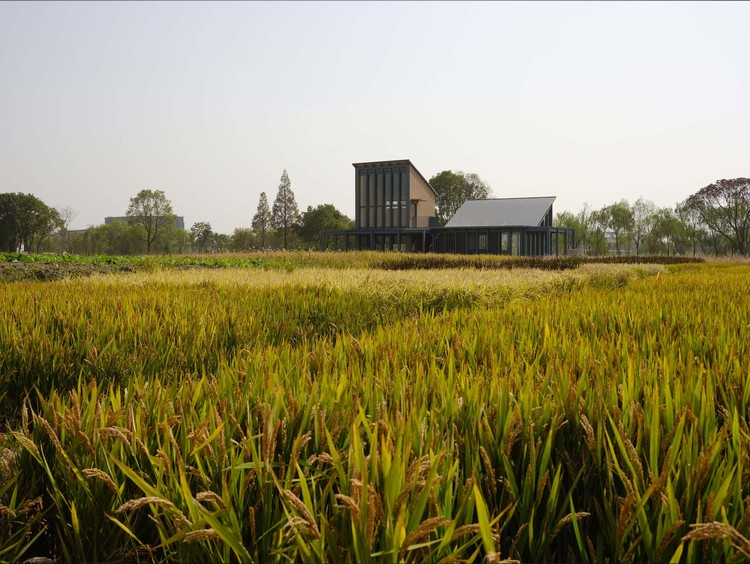
Jiaxing Tanjiawan Yizhi.
A Journey Through Time
1. Archaeological Significance
Tanjiawan is recognized as one of the crucial sites of the Majiabang culture, a significant early Neolithic culture in the lower Yangtze River region. The site covers an impressive area of 120,000 square meters, with a core excavation zone of 3,000 to 6,000 square meters. It features well-preserved cultural layers, making it an invaluable resource for understanding early human life in this part of China.
2. Rich Artifacts
Excavations at Tanjiawan have unearthed a variety of artifacts, including pottery, stone tools, and bone implements. Notable finds include unique ceramic types such as sand-tempered and clam-shell ceramics, showcasing the craftsmanship and daily life of its ancient inhabitants. Additionally, the discovery of burial sites reveals insights into the funerary practices of the time.
3. Historical Context
Dating back to the Majiabang culture period, Tanjiawan provides context for the region’s development through various historical phases. From its role as a settlement in the Neolithic era to its strategic importance during the Spring and Autumn period, the site illustrates the evolution of societal structures and cultural practices over millennia.
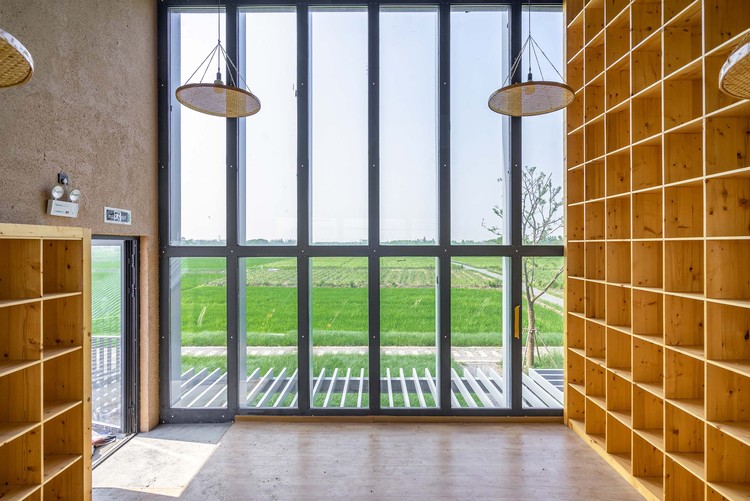
Jiaxing Tanjiawan Yizhi.
4. Cultural Heritage Recognition
In 2006, the Tanjiawan Site was designated as a national key cultural relic protection unit by the Chinese government, highlighting its importance in preserving the cultural heritage of China. This recognition has helped ensure the ongoing protection and study of the site, allowing for continued exploration of its historical significance.
5. Educational Opportunities
Visitors to Tanjiawan can engage in informative tours that delve into the archaeological methods used to uncover and preserve the site. Educational programs often include discussions on the Majiabang culture, archaeology, and conservation efforts, making it an enriching experience for all ages.
6. Scenic Surroundings
Located near the picturesque water town of Wuzhen, Tanjiawan is surrounded by stunning natural landscapes, adding to its appeal as a cultural and historical site. The tranquil waterways and lush greenery provide a serene backdrop for exploring both the ancient and modern aspects of this vibrant region.
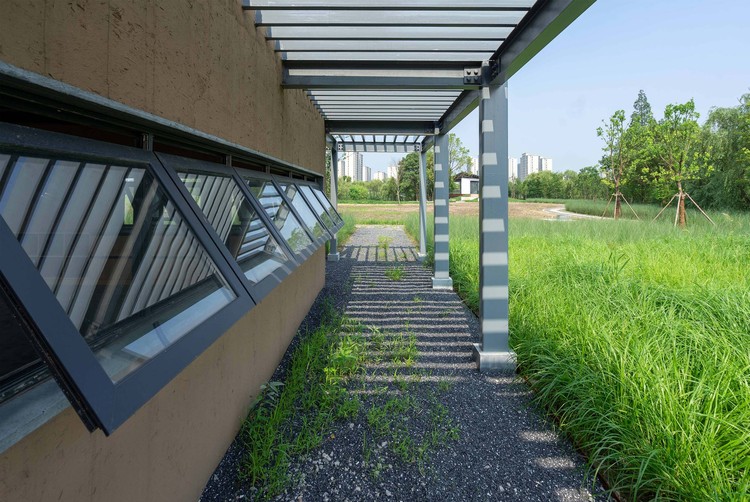
Jiaxing Tanjiawan Yizhi.
Conclusion
A visit to the Tanjiawan Site offers a unique opportunity to connect with China’s ancient past while enjoying the scenic beauty of Zhejiang Province. Whether you are a history buff, an archaeology enthusiast, or simply seeking a fascinating destination, Tanjiawan promises to leave you with lasting memories of your journey through time.
Planning Your Visit: A Practical Guide
Practical Guide to Visiting Jiaxing Tanjiawan Yizhi (谭家湾遗址)
Jiaxing Tanjiawan Yizhi is a significant archaeological site located in the scenic region of Wuzhen, Zhejiang Province, China. This site, dating back approximately 7,000 years to the Majiabang culture of the Neolithic period, offers visitors a glimpse into the ancient civilization that once thrived in the lower Yangtze River region. Here’s how to make the most of your visit:
Getting There
-
Location: Tanjiawan Yizhi is situated in the village of Fulanqiao, Wuzhen, within the Tongxiang City area of Jiaxing. It is easily accessible from major cities in the Yangtze River Delta.
-
Transportation:
- By Train: The nearest major railway station is Jiaxing Station, which is well-connected to Shanghai and Hangzhou. From the station, you can take a taxi or local bus to reach Wuzhen.
- By Bus: There are direct buses from Shanghai, Hangzhou, and other major cities to Wuzhen. Once in Wuzhen, local transportation options such as electric carts or bicycles can take you to the site.
- By Car: If driving, take the G60 Huhang Expressway from Shanghai or Hangzhou, following signs to Wuzhen.
Admission Information
- Entry Fee: Tanjiawan Yizhi is part of the greater Wuzhen tourist zone. A ticket to the cultural area typically includes access to multiple attractions, with prices subject to change based on the season and special events.
- Opening Hours: The site is generally open from 8:00 AM to 5:00 PM. It’s advisable to check specific hours before your visit, especially during holidays.
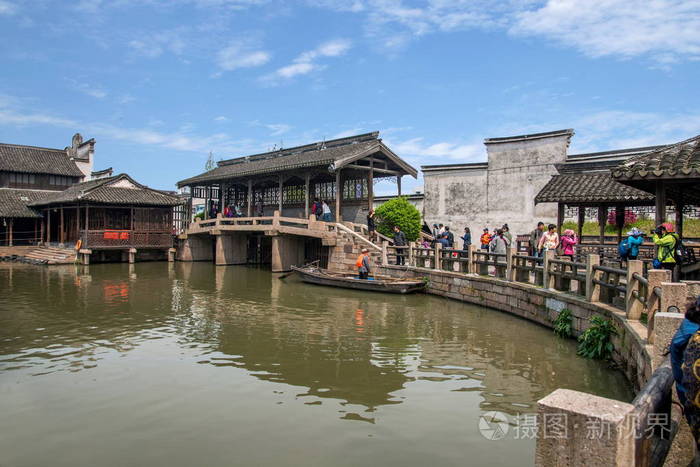
Jiaxing Tanjiawan Yizhi.
What to Expect
- Archaeological Significance: Tanjiawan Yizhi is recognized for its well-preserved artifacts and burial sites, including pottery, stone tools, and animal remains, which provide insight into the Majiabang culture.
- Guided Tours: Consider joining a guided tour to enhance your understanding of the site’s historical context. Tours often include informative discussions about the artifacts and the significance of the burial customs observed.
- Exhibits: Be sure to explore the onsite exhibition hall, which showcases many artifacts unearthed from the site, along with detailed explanations of their uses and cultural significance.
Nearby Attractions
- Wuzhen Scenic Area: Take advantage of your trip by exploring the charming waterways, traditional architecture, and vibrant culture of Wuzhen, often called a “water town.”
- Cultural Activities: Wuzhen frequently hosts cultural events, including traditional performances and art exhibitions, so check the local calendar during your visit.
Tips for Visitors
- Wear Comfortable Shoes: The site and surrounding areas involve considerable walking, often on uneven terrain, so comfortable footwear is recommended.
- Bring Water and Snacks: While there are facilities in Wuzhen, carrying your own refreshments can enhance your experience, especially if you plan to spend a lot of time exploring.
- Respect the Site: As a protected archaeological area, it’s crucial to follow all rules and regulations regarding photography and interaction with the artifacts.
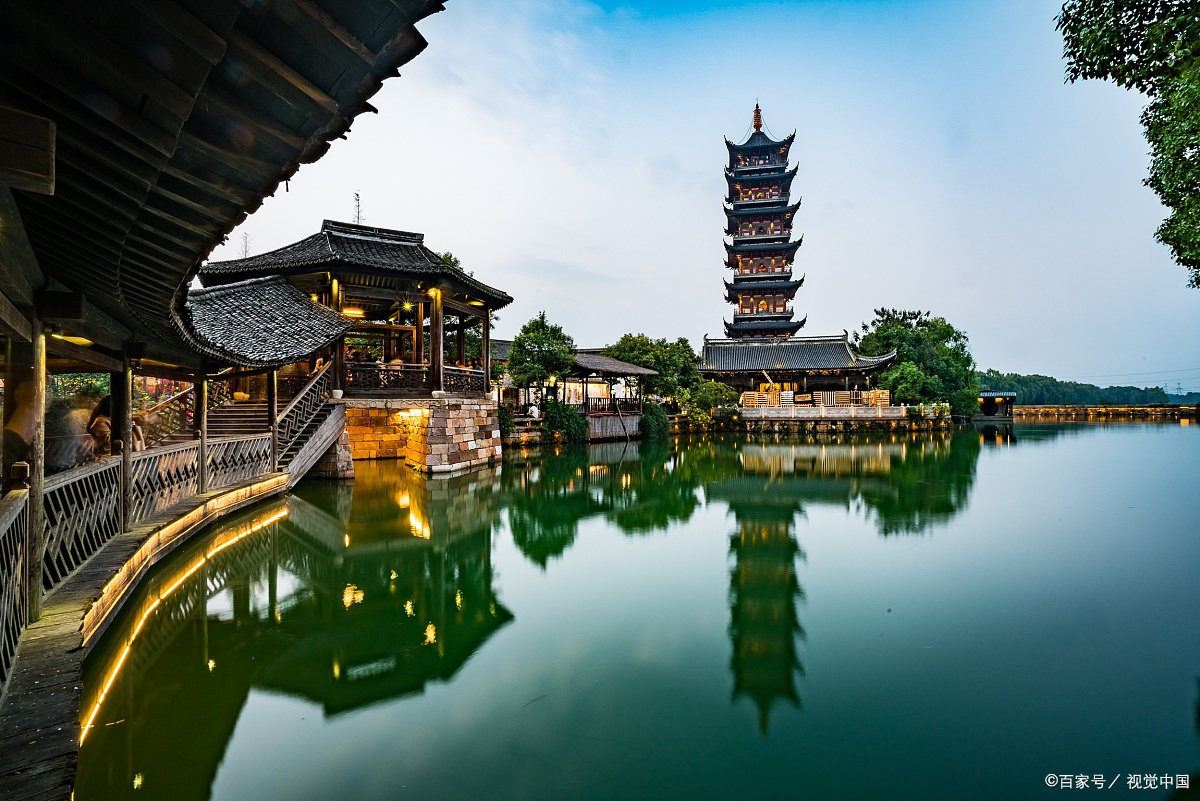
Jiaxing Tanjiawan Yizhi.
Conclusion
A visit to the Tanjiawan Yizhi offers a unique opportunity to connect with ancient Chinese history. Whether you are a history enthusiast, a cultural explorer, or simply looking for a beautiful day out, this site provides an enriching experience that highlights the rich tapestry of China’s past. Make your trip memorable by immersing yourself in the history and beauty of this remarkable archaeological gem.
Tickets, Hours, and Booking
Visiting the Jiaxing Tanjiawan Yizhi (谭家湾遗址) is an enriching experience that offers a glimpse into ancient Chinese civilization. To help you plan your visit, here’s the key information you need regarding tickets.
Ticket Information
-
Admission Fees: The entrance to the Tanjiawan site is generally free of charge, allowing visitors to explore the rich historical context without the burden of ticket costs. However, special exhibitions or guided tours may have associated fees.
-
Opening Hours: The site is open daily from 8:00 AM to 5:00 PM. It’s advisable to arrive early to fully appreciate the area and avoid crowds.
-
Guided Tours: While self-guided exploration is encouraged, you may also opt for guided tours that provide in-depth insights into the significance of the archaeological findings. These tours typically range from 50 to 100 CNY, depending on the duration and group size.
-
Discounts: Discounts may be available for students, seniors, and groups. It’s best to inquire at the entrance for any applicable offers.
-
Booking in Advance: For those interested in joining a guided tour, it is recommended to book in advance, especially during peak tourist seasons. This can often be done through local travel agencies or the site’s official website.
Getting There
The Tanjiawan site is located in the Tongxiang City of Jiaxing, near Wuzhen. Accessible by public transportation or private vehicle, it’s conveniently situated for a day trip from major cities in the region.
Tips for Visitors
-
Wear Comfortable Shoes: The site involves walking on uneven terrain, so comfortable footwear is essential.
-
Stay Hydrated: Bring water, especially during the warmer months, as you may spend considerable time outdoors.
-
Photography: Feel free to capture the scenic views and archaeological features, but be respectful of the site’s regulations regarding flash photography and restricted areas.
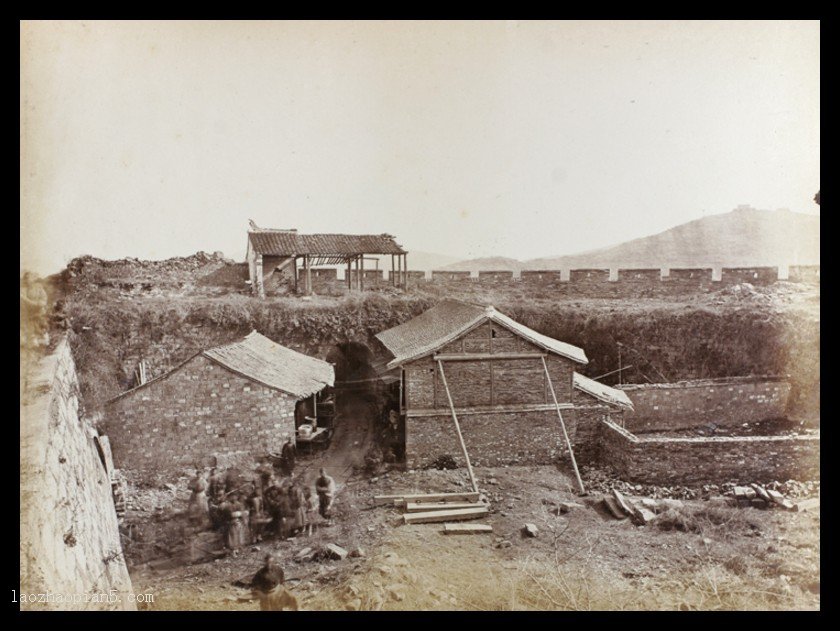
Jiaxing Tanjiawan Yizhi.
Prepare to immerse yourself in the ancient culture of the Majiabang civilization as you explore the Tanjiawan Yizhi, one of the key historical sites in the region!
How to Get There
Getting to Jiaxing Tanjiawan Yizhi (谭家湾遗址) is relatively straightforward, with various transportation options available for visitors traveling from different regions. Here’s a detailed guide to help you navigate your way to this significant archaeological site in Jiaxing, Zhejiang Province.
By Air
The nearest major airport to Tanjiawan Yizhi is Hangzhou Xiaoshan International Airport (HGH), which is approximately 70 kilometers away. This airport serves as a hub for numerous domestic and international flights. From the airport, you can take a taxi or use ride-hailing services to reach Jiaxing. The journey typically takes around 1.5 hours.
Alternatively, you can also consider Shanghai Pudong International Airport (PVG), located about 130 kilometers away. Similar to Hangzhou, transportation options from this airport include taxis and airport shuttles.
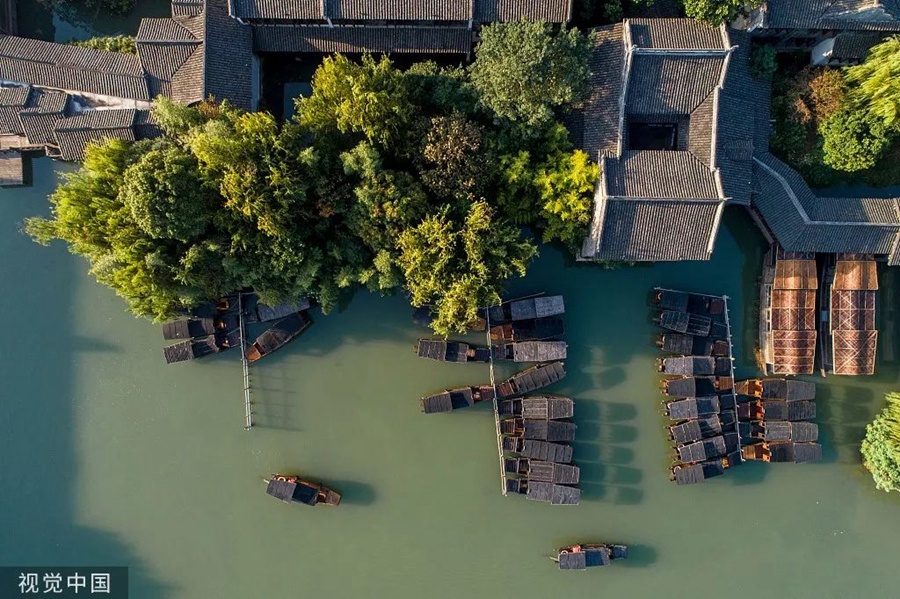
Jiaxing Tanjiawan Yizhi.
By Train
Jiaxing is well-connected by rail, making it easy for travelers to access the site. The Jiaxing Railway Station serves both high-speed and regular trains from major cities including Shanghai, Hangzhou, and Nanjing.
- From Shanghai: Take a high-speed train from Shanghai Hongqiao Railway Station to Jiaxing, with a travel time of approximately 30 to 50 minutes.
- From Hangzhou: High-speed trains are available from Hangzhou East Railway Station to Jiaxing, usually taking around 20 to 30 minutes.
Once you arrive at Jiaxing Railway Station, you can take a taxi or local bus to reach Tanjiawan Yizhi, which is about 10 kilometers from the station.
By Bus
There are several long-distance bus services that connect Jiaxing with surrounding cities. Buses from Hangzhou, Suzhou, and Shanghai typically arrive at the Jiaxing Long-distance Bus Station. From the bus station, you can easily find taxis or local buses that will take you to the Tanjiawan archaeological site.
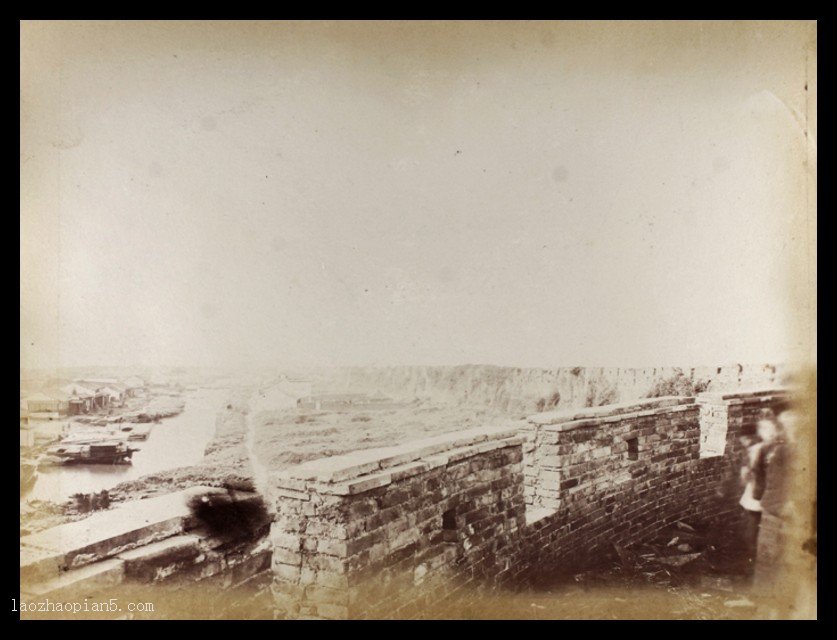
Jiaxing Tanjiawan Yizhi.
Local Transportation
Once in Jiaxing, local transportation options include taxis, ride-sharing apps, and public buses. Taxis are readily available and provide a convenient way to reach Tanjiawan Yizhi directly. For those looking to explore the area more extensively, consider using local buses, which are both economical and efficient.
Accessibility
For travelers with mobility concerns, it is advisable to check with local transportation services in advance. While taxis and buses generally accommodate various needs, accessibility options may vary.
Conclusion
Getting to Jiaxing Tanjiawan Yizhi is a manageable task, whether you’re arriving by air, train, or bus. With its strategic location and well-developed transportation network, the site is easily accessible, allowing you to delve into the rich history of this fascinating archaeological location. Plan your journey ahead of time to maximize your visit to this important cultural heritage site.
Local Cuisine and Accommodation
When visiting the Jiaxing Tanjiawan Yizhi (谭家湾遗址), a site rich in historical significance, you’ll want to ensure your culinary and accommodation experiences complement your journey through this ancient culture. Here are some recommendations to enhance your stay in the area.
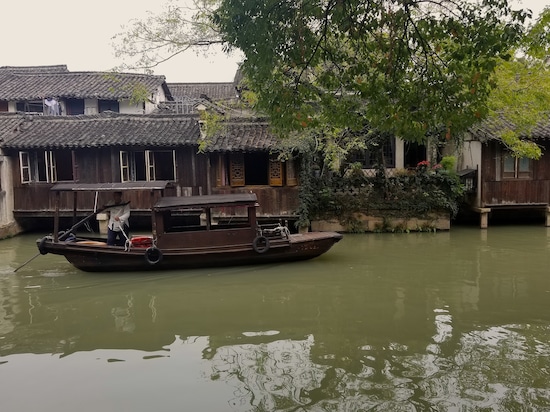
Jiaxing Tanjiawan Yizhi.
Dining Options
1. Local Cuisine
Immerse yourself in the flavors of Jiaxing by sampling local delicacies. The region is renowned for its fresh water fish and various seafood dishes. Be sure to try:
- Jiaxing Rice Dumplings (粽子): These savory treats are a must-try, especially during the Dragon Boat Festival. Look for versions filled with pork or sweet bean paste.
- Braised Pork (红烧肉): A staple dish that embodies the rich flavors of the region, often cooked with soy sauce and spices for a melt-in-your-mouth experience.
- Freshwater Fish Dishes: The area’s rivers and lakes provide a bounty of fresh fish. Restaurants near the site often serve fish steamed with ginger and scallions, highlighting its natural flavors.
2. Recommended Restaurants
– Old Jiaxing Restaurant (老嘉兴餐馆): Known for its authentic Jiaxing dishes, this restaurant offers a cozy atmosphere and a menu filled with local favorites.
– Dongpo Restaurant (东坡酒楼): Famous for its traditional Chinese ambiance and exceptional service, this place serves a variety of dishes, with a focus on local ingredients.
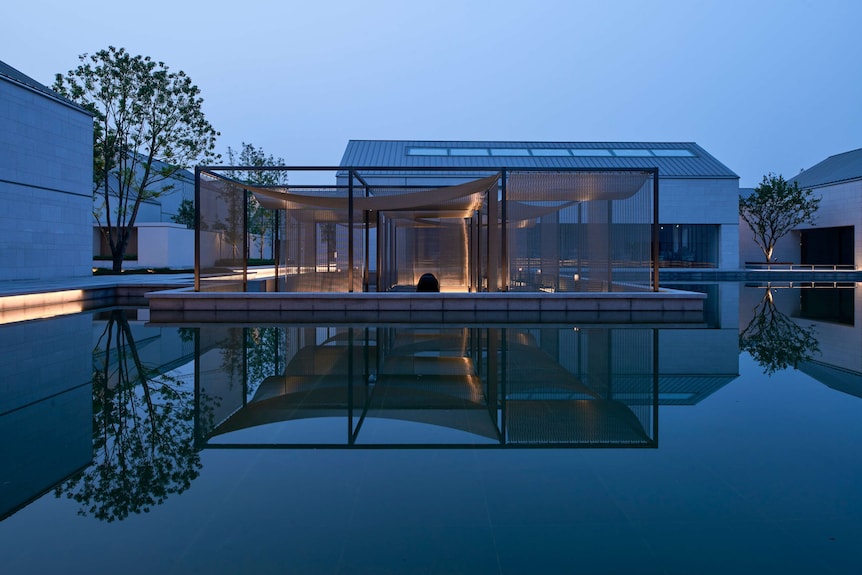
Jiaxing Tanjiawan Yizhi.
Accommodation Choices
1. Boutique Hotels
For a unique stay, consider one of the boutique hotels that blend modern comforts with traditional architecture. These options allow you to experience the charm of the region while enjoying top-notch amenities.
- Wuzhen Jiangnan Boutique Hotel (乌镇江南精品酒店): Located near the famous water town of Wuzhen, this hotel offers picturesque views, traditional decor, and luxurious rooms, making it a great base for exploring Tanjiawan Yizhi.
- Tanjiawan Cultural Resort (谭家湾文化度假村): Just a stone’s throw from the archaeological site, this resort features comfortable accommodations with a focus on local culture and heritage.
2. Guesthouses
For a more intimate experience, opt for a local guesthouse where you can enjoy personalized service and a homely atmosphere.
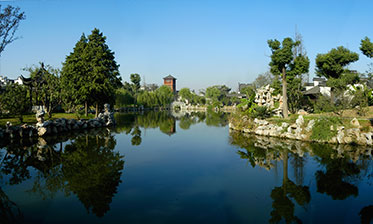
Jiaxing Tanjiawan Yizhi.
- Jiaxing Riverside Guesthouse (嘉兴江边客栈): Situated along the river, this guesthouse provides a serene environment with charming decor and friendly hosts who can offer insights into the local culture and history.
- Wuzhen Homestay (乌镇民宿): Experience life like a local in this homestay that offers comfortable rooms, home-cooked meals, and easy access to nearby attractions.
Conclusion
Whether you’re indulging in the local cuisine or relaxing in a cozy accommodation, the Jiaxing Tanjiawan Yizhi area has plenty to offer. Enjoy the rich flavors and comfortable stays as you explore the ancient cultural heritage that this region has preserved over millennia.
Frequently Asked Questions
Frequently Asked Questions about Jiaxing Tanjiawan Yizhi (谭家湾遗址)
-
What is the Jiaxing Tanjiawan Yizhi?
The Jiaxing Tanjiawan Yizhi, or Tanjiawan Archaeological Site, is an important cultural site located in Wuzhen, Zhejiang Province. It dates back to approximately 7,000 years ago and is associated with the Majiabang culture, reflecting the early Neolithic era’s human activities in the region. -
How do I get to Tanjiawan Yizhi?
Tanjiawan Yizhi is situated in the village of Fulanqiao within Wuzhen. Visitors can reach it by taking public transportation to Wuzhen, which is well-connected by bus or train from major cities like Hangzhou or Shanghai. Local taxis and rideshares are also available for the final leg of the journey. -
What can I see at Tanjiawan Yizhi?
At Tanjiawan Yizhi, you can explore the archaeological remains, including burial sites and artifacts such as pottery, stone tools, and animal bones. The site provides a fascinating glimpse into the daily life and culture of the people who lived there during the Neolithic period. -
Is there an entrance fee to visit Tanjiawan Yizhi?
Entry to Tanjiawan Yizhi is typically free, but it’s advisable to check for any specific guidelines or potential fees that may apply during special events or exhibitions. -
Are there guided tours available?
Yes, guided tours are often available at Tanjiawan Yizhi. These tours provide valuable insights into the history and significance of the site, making your visit more informative and enriching. -
What is the best time to visit Tanjiawan Yizhi?
The best time to visit is during the spring and autumn months (March to May and September to November) when the weather is mild and pleasant. This allows for a comfortable exploration of the site and its surroundings. -
Can I take photographs at Tanjiawan Yizhi?
Photography is generally permitted, but it’s important to be respectful of any specific rules or guidelines set by site management. Always check for signage regarding photography restrictions during your visit. -
Are there any facilities available for visitors?
Facilities at Tanjiawan Yizhi may include restrooms and informational signage. However, as it is primarily an archaeological site, there are limited amenities. Visitors are encouraged to bring water and snacks, especially if planning to spend an extended time exploring the area.
Final Thoughts on Your Trip
Visiting the Jiaxing Tanjiawan Yizhi is more than just a journey through time; it is an invitation to connect with the origins of human civilization in the Yangtze River Delta. This remarkable archaeological site, steeped in the rich history of the Majiabang Culture, allows travelers to step into the shoes of the early inhabitants who thrived in this region over 7,000 years ago. The artifacts unearthed here, from intricately crafted pottery to the remnants of ancient burials, tell stories of resilience, innovation, and community that resonate even today.
As you wander through the site, you’ll not only appreciate the significance of Tanjiawan as a cultural landmark but also understand its role in shaping the historical narrative of Wuzhen and beyond. The preservation efforts surrounding this site underline a broader commitment to honoring and celebrating the past while fostering a deeper appreciation of cultural heritage.
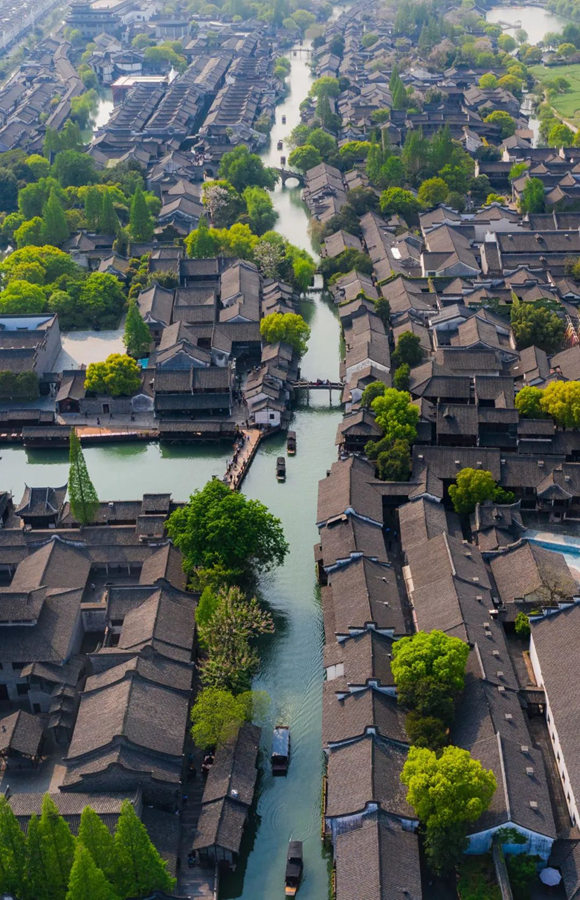
Jiaxing Tanjiawan Yizhi.
In a world that often rushes forward, Tanjiawan offers a serene space for reflection and connection with our roots. Whether you are a history enthusiast, a casual traveler, or someone seeking inspiration, a visit to Jiaxing Tanjiawan Yizhi promises to enrich your understanding and ignite your imagination. Embrace the opportunity to explore this ancient gem, and let it inspire your own journey through time and culture.
